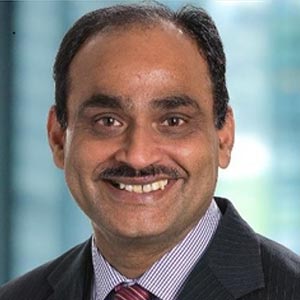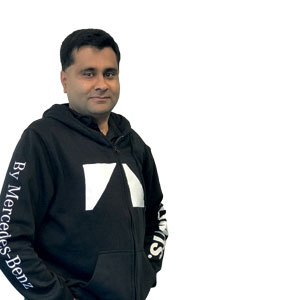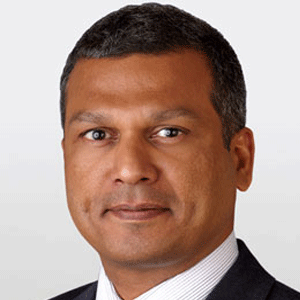THANK YOU FOR SUBSCRIBING

Driving Value through Insights Generation and Predictive Modelling
Dr.Raju Varanasi, Director, Data Intelligence,Catholic Education Diocese of Parramatta


Dr.Raju Varanasi, Director, Data Intelligence,Catholic Education Diocese of Parramatta
In your opinion, how has the Data Intelligence landscape evolved over the years? What are some of the advantages of the current technological evolution?
The landscape has evolved from data to be stored to data to be flowed and further, data to be harnessed for predictive analytics and intelligence. This evolution of data has provided significant opportunities not just for the technology team but for the entire organisation. Data has moved from the backroom operations (store and protect) to the frontlines of the organisation such as teachers, principals and leadership roles across the organisation.
There was a time when CIOs were concerned about the store and protect phase and a little needed to be done in shining a light on data - that is, value through insights generation and predictive modelling. However, today’s CIOs need to ensure that the organisation’s focus is on deriving as much value from data, which we know is the pulse of any organisation.
The advantages of the current evolution of technology especially in a data ecosystem are that the tools and techniques have been democratised for ease of use and the contextualisation for business areas. For example, Alteryx and Tableau are GUI tools with much complexity hidden for both developers and end users. Hence the adoption of these tools multiplied faster, making the data ecosystem more centralised across the organisation. A new mindset using data has emerged with the formalisation of data storytelling as a technique to unravel trends, patterns and challenges and so on, in a fluent, easy to reach and easy to understand way for decision makers and end users.
What according to you are some of the challenges plaguing the Data Intelligence landscape and how can they be effectively mitigated?
A major challenge relates to data culture amongst senior executives. That data can be at times, confronting and even surprising can lead to avoidance and resistance of use. The challenge for most end users of data and insights is around competency and confidence. On the technical side, the possibilities of data breaches are a major worry for any CIO. Although numerous tools and technologies have emerged in the area of data protection, the weakest link (the human factor) is yet to be trained sufficiently in handling data assets.
Improving data culture amongst senior executives can be mitigated using evangelists from inside and outside the organisation through dialogue and ongoing professional learning. In the case of data literacy, a mix of formal training and informal discussions with end users can ameliorate hesitancies. In the case of potential data breaches, there is no magic pill but continuous improvement through awareness training, suitable technologies and occasional testing will help to safe-guard organisations.
What are a few technological trends influencing Data Intelligence today? What are some of the best practices businesses should adopt today to steer ahead of competitors?
The technology trends encompass both tools and behaviours amongst staff working with data. The tools are smarter and easy to deploy with the usual security protocols. The data game has edged forward towards artificial intelligence (AI) and automated machine learning (AML).
To steer ahead of competitors, organisations have already recognised that data is indeed, one of the most important levers for a competitive advantage - whether they are in retail, healthcare or education. Not all organisations have organised historical data in a systematic and structured manner to be able to harness intelligence about the organisation’s strengths and weaknesses in meeting their customer’s expectations. Hence, best practices relate to use of AI and AML to meet customer and employee experiences.
The emerging role of data storyteller is going to be at a strategic level so that the interactions are pitched to system wide leaders than to operatives. The gist of storytelling has to be aimed at organisational-wide changes (effectiveness) than mere operational efficiencies.
Do you have any advice for industry veterans or budding entrepreneurs from the Data Intelligence space?
For data analysts, my request is to be on top of the emerging tools and technologies. For senior executives, my plea is to respect what the data is really telling you. To the boards of any organisation, my urge is that data-informed decision making becomes part of good governance.












